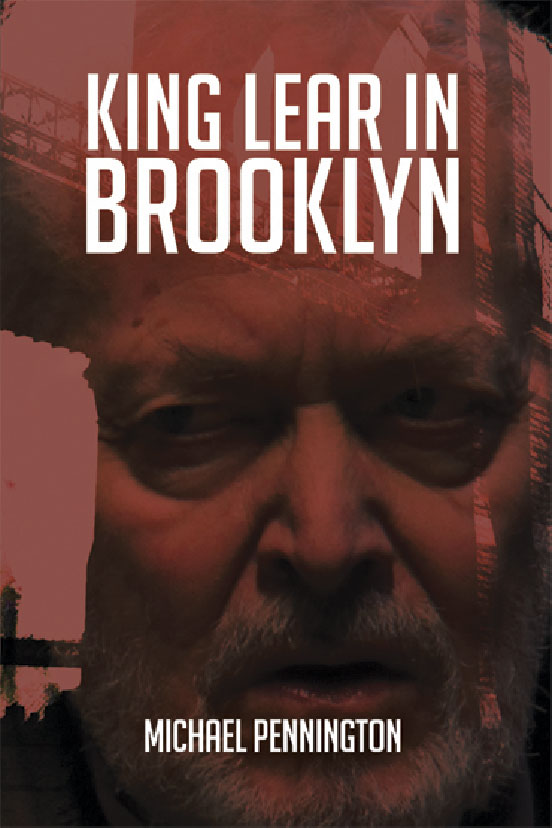Published by Oberon Books
In 2014 actor and author Michael Pennington arrives in New York to play the title role in King Lear directed by Arin Arbus for the company Theatre for a New Audience (TFANA). Two years later finds him in the UK about to tour as Lear in a different production directed by Max Webster and produced by Royal and Derngate Theatre Northampton (ends on July 2 at Malvern so there’s still time to catch it.) The 107-week journey through Lear territory – and everything which surrounds it for an actor – is the source material for his latest book.
There is much here which is interesting, funny, whimsical and informative in what is effectively a two year note book of jottings. We range from frustrations with the noisy plumbing and humping (ahem) neighbours in the Brooklyn apartment to detailed unpicking of scenes in the play. He moves from conversations with directors and others to robust comments about the industry he works in and the world in general. And that’s part of the problem with this book which, fascinating as it often is, can’t quite make up its mind what it is trying to do or be. Part diary, part textual analysis and part reflection, it also includes extensive contributions and comments from the people he’s working with so it feels, in places, like a loosely gathered, quite bitty collection of mini essays about King Lear. And although there are two sets of high quality colour plates, it is a serious editorial error to include other black and white shots on matt pages within the text. The quality is so poor that it makes the book look amateurish.
It’s worth reading though. I enjoyed the account of how he and Liily Englert eventually dealt with their final scene together when he dragged her “dead body” backwards along a three-foot runway through the auditorium. A man who has worked on Shakespeare all his life and written about it extensively, he is also good when he ruminates about, for example, why Act IV is always the trickiest bit of a Shakespeare play or how the run of a play is like re-cooking a favourite dish every night because subtle factors affect it and sometimes you’re disappointed with the result – and there’s much, much more.
Review by Susan Elkin



